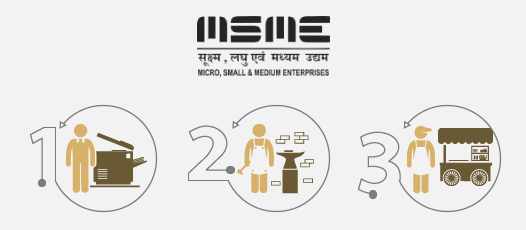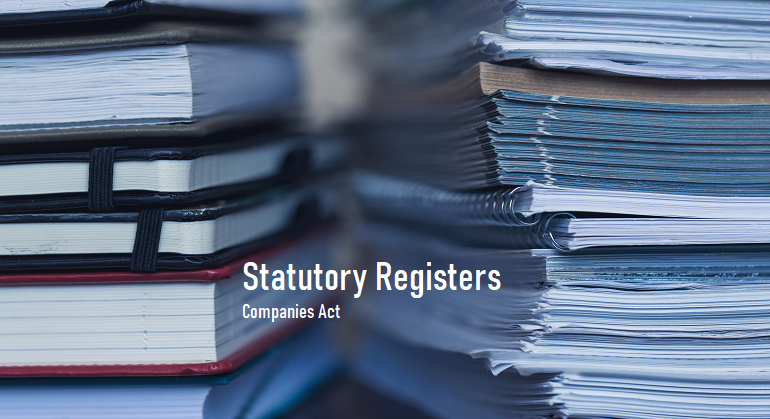VENDOR DUE DILIGENCE – Importance and Needs
Vendor due diligence is a critical process that businesses must undertake when selecting vendors to work with. It involves assessing the financial, legal, operational, and reputational risks associated with a vendor to ensure that the partnership is in line with the business objectives and will not jeopardize the company's reputation or bottom line. This article will explore the importance of vendor due diligence, the steps involved in the process, and best practices for conducting a thorough and effective vendor due diligence process.
Importance of Vendor Due Diligence
Vendor due diligence is an essential step in mitigating risks and ensuring quality and consistency when working with vendors. It involves assessing the vendor's suitability as a business partner by evaluating various factors, including their financial stability, legal compliance, operational capabilities, and reputation. The importance of vendor due diligence can be summarized as follows:
Mitigating risks: One of the primary reasons for conducting vendor due diligence is to mitigate risks. The vendor due diligence process allows businesses to identify potential risks early on, such as financial instability, legal non-compliance, and reputational damage. This information enables companies to make informed decisions about whether to proceed with the vendor partnership, negotiate better terms, or look for an alternative vendor.
Protecting reputation: Businesses must protect their reputation at all costs. Working with a vendor who has a poor reputation can damage the brand, leading to lost sales and negative customer sentiment. Vendor due diligence allows companies to verify a vendor's reputation by checking references and past performance records. This information can help companies avoid partnering with vendors who could harm their reputation.
Ensuring quality and consistency: Working with vendors who can provide quality products or services is essential to maintaining the quality and consistency of the company's products or services. Vendor due diligence enables companies to assess a vendor's operational capabilities, financial stability, and past performance to ensure that they can deliver what the company needs, when it needs it.
Steps Involved in Vendor Due Diligence
Vendor due diligence can be a complex and time-consuming process that involves multiple steps. The following are the primary steps involved in vendor due diligence:
Identify vendor requirements: The first step in the vendor due diligence process is to identify the business needs and requirements that the vendor should meet. This involves identifying the products or services that the vendor will provide, the delivery timelines, and the budget available.
Conduct background research: Once the vendor requirements have been identified, the next step is to conduct background research on the vendor. This includes checking the vendor's website, social media platforms, and online reviews to gain an understanding of their business and reputation.
Review financial statements: The financial stability of the vendor is an essential consideration when evaluating potential vendors. Reviewing the vendor's financial statements, including balance sheets, income statements, and cash flow statements, can provide valuable insights into the vendor's financial health.
Check legal compliance: Ensuring that the vendor is in compliance with all applicable laws and regulations is critical to mitigating legal risks. This involves reviewing the vendor's legal documents, such as licenses, certifications, and insurance policies, to verify their compliance.
Review references: Asking for references from other companies that the vendor has worked with in the past can provide valuable insights into their performance, reliability, and quality of work. It is essential to reach out to these references and ask specific questions related to the vendor's ability to deliver on time, quality, and budget.
Conduct site visits: Site visits can provide a more in-depth understanding of the vendor's operational capabilities and processes. This involves visiting the vendor's facilities to assess their capacity to deliver what the business needs.
Evaluate security and data privacy: If the vendor will have access to the company's data or systems, it is essential to evaluate their security and data privacy protocols. This includes verifying the vendor's security measures, such as encryption and firewalls
Conclusion
Vendor due diligence is an essential step in mitigating risks and ensuring quality and consistency when working with vendors. By following the steps outlined above, you can conduct a thorough due diligence process and choose the best vendors for your business needs. Remember that due diligence is an ongoing process, and you should continue to monitor your vendors' performance and compliance throughout your partnership




























